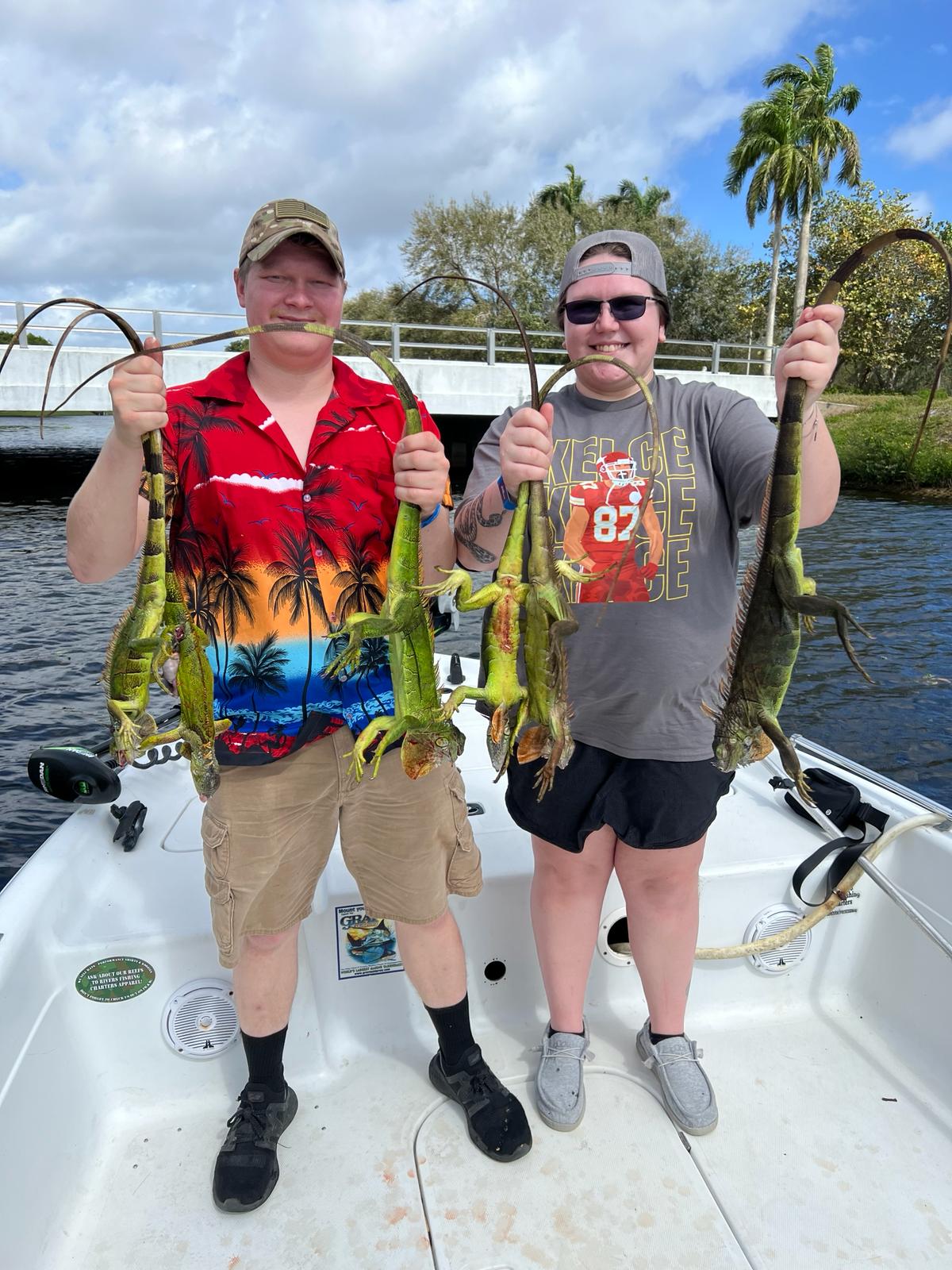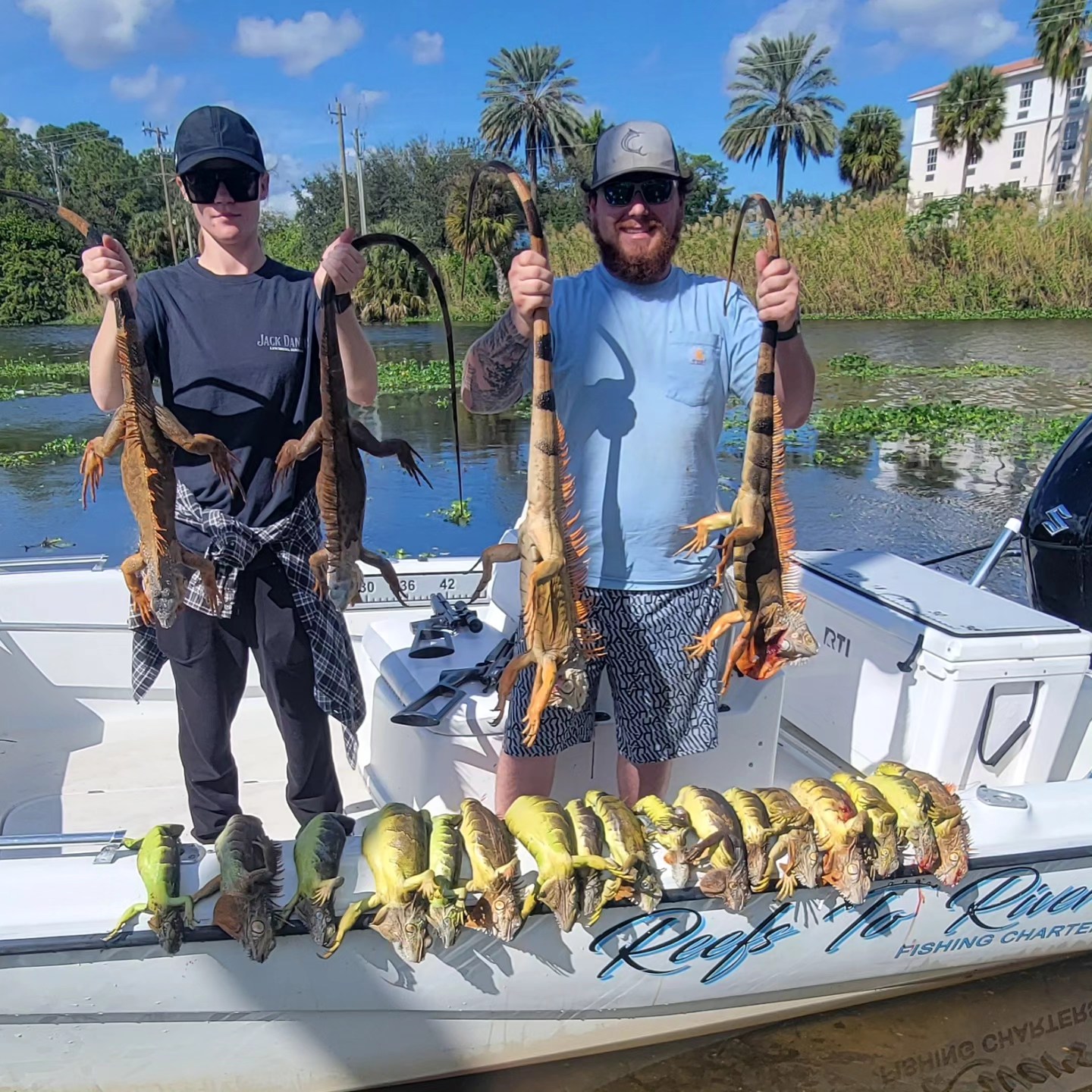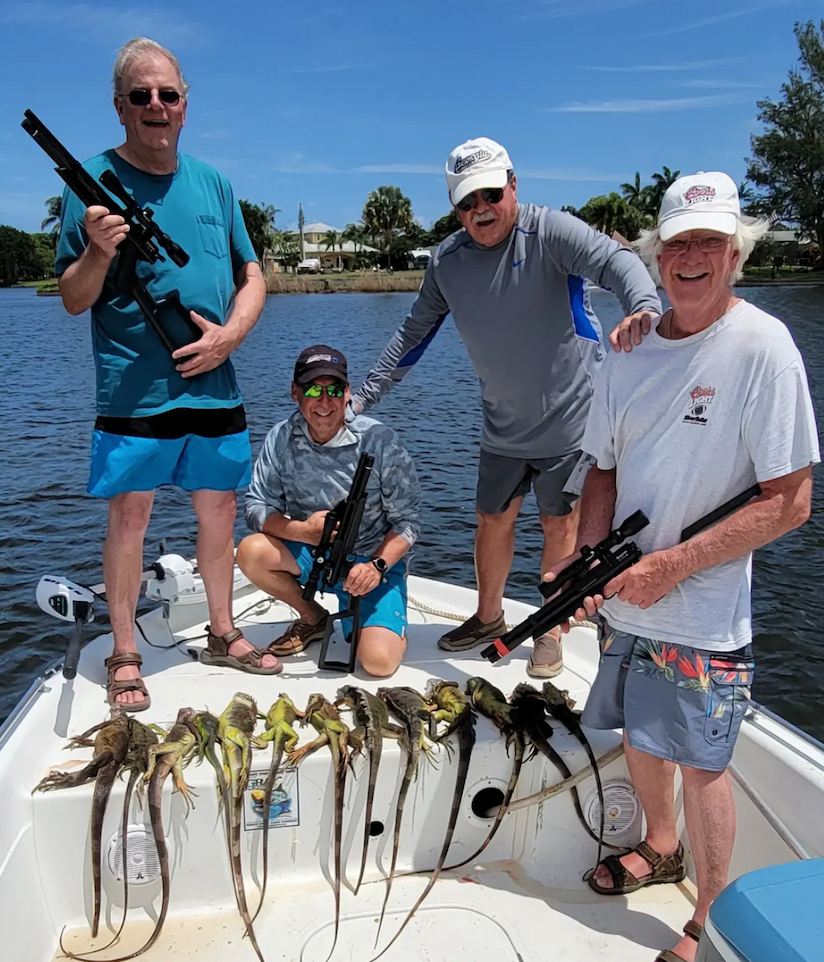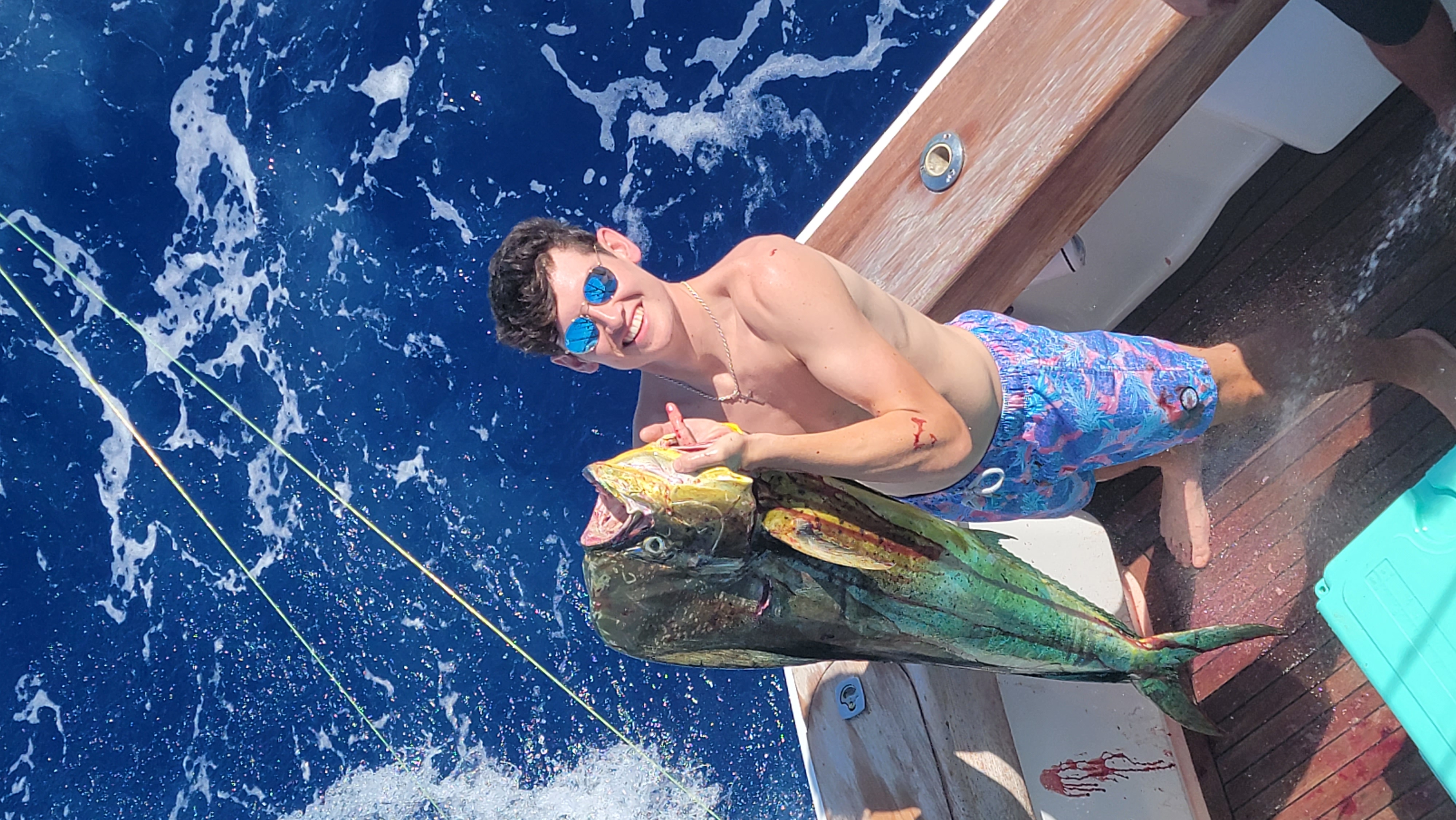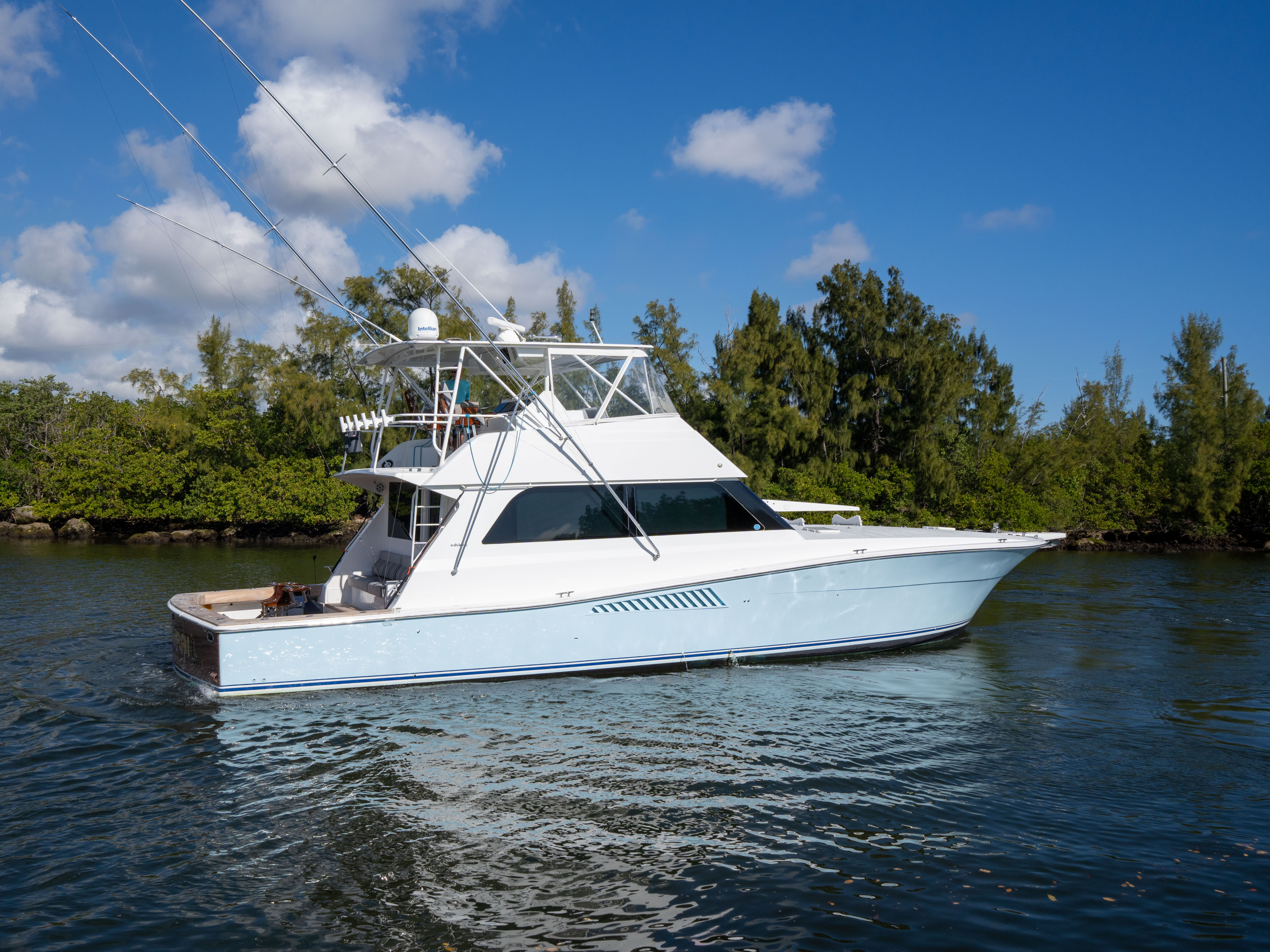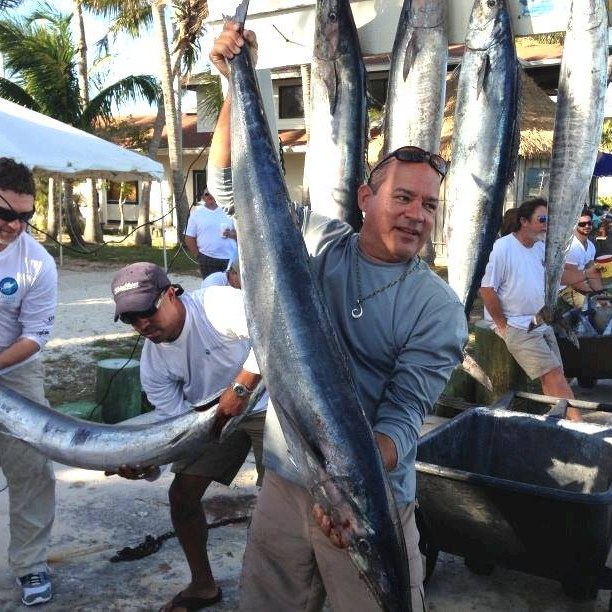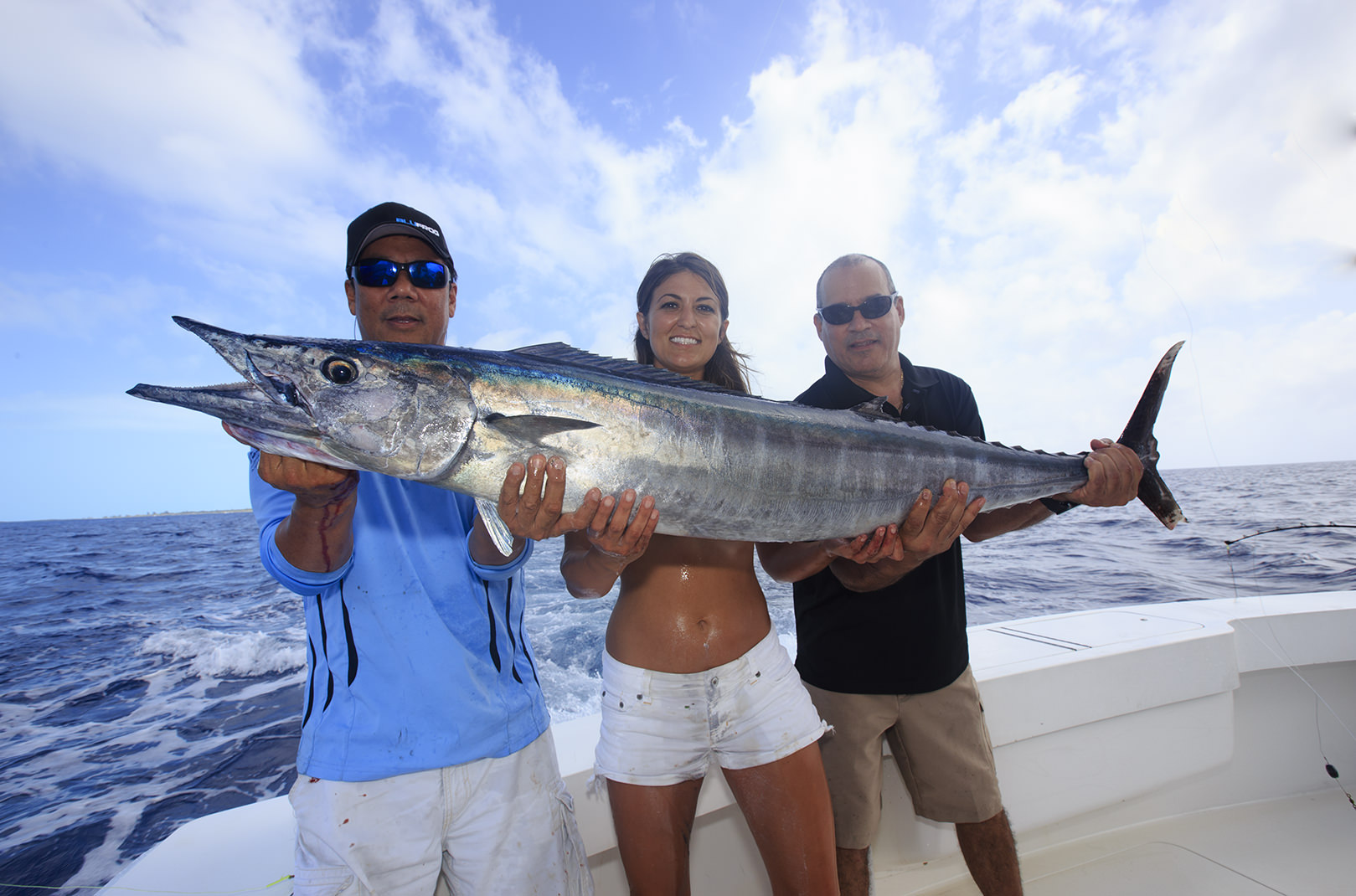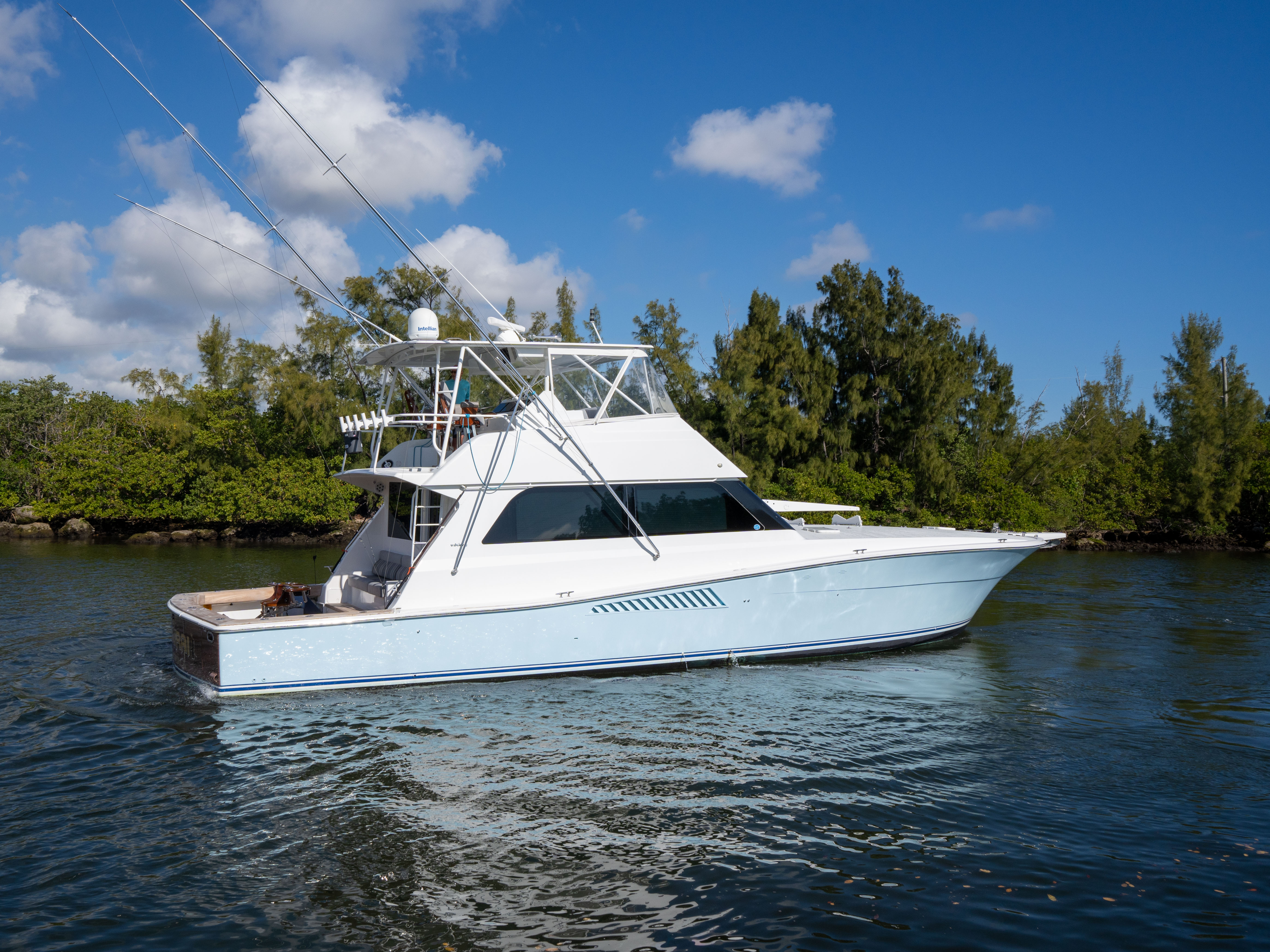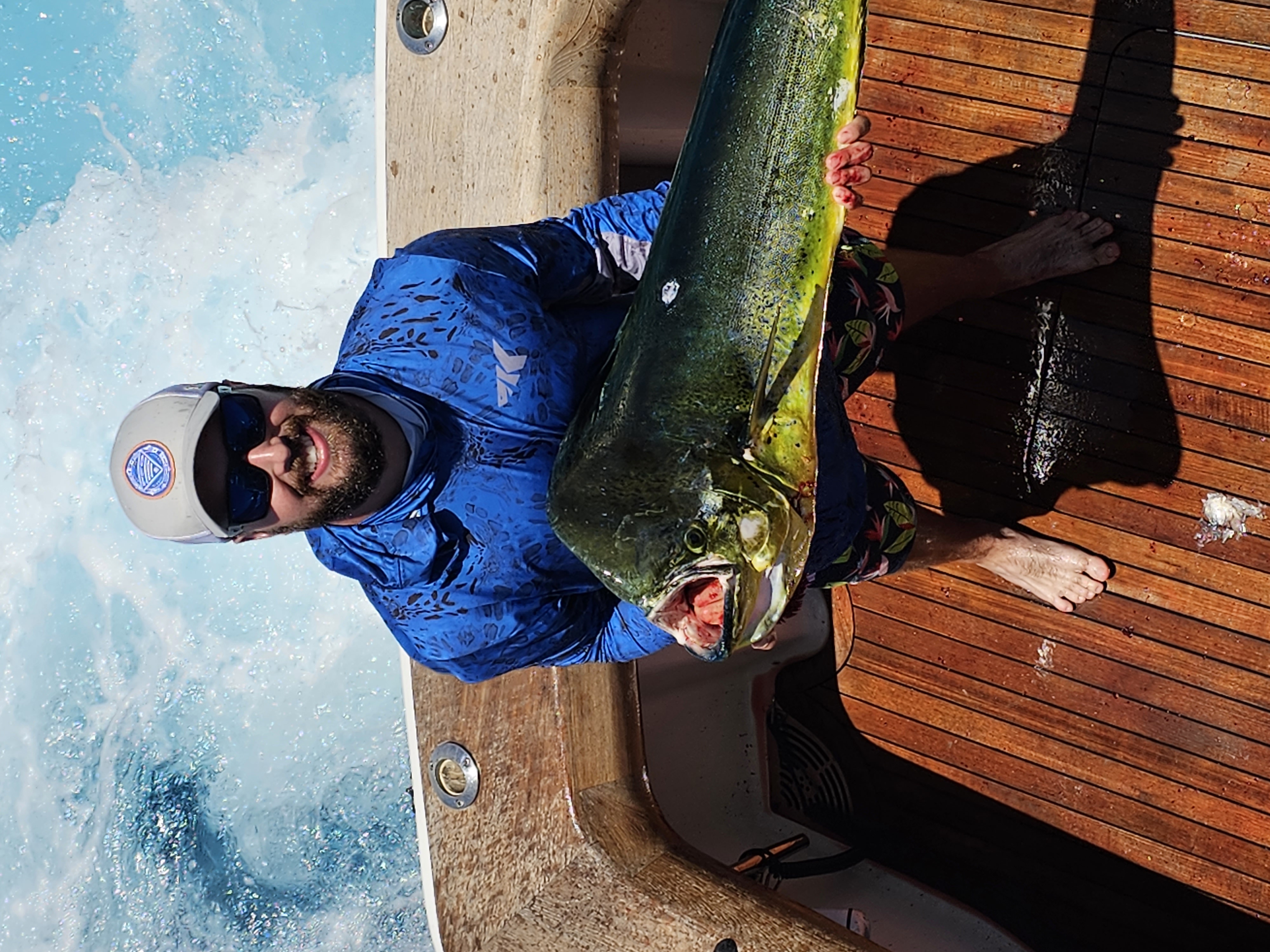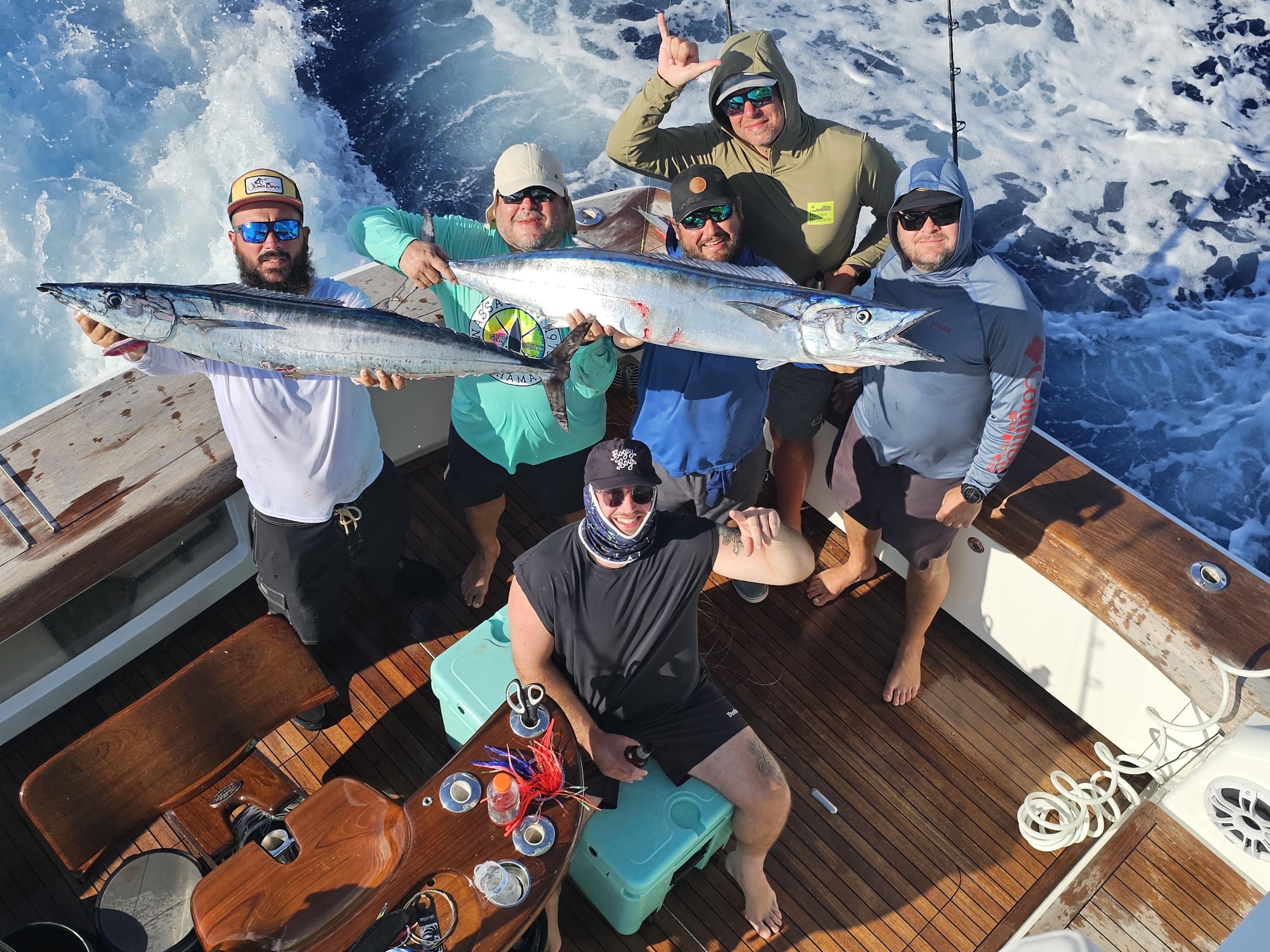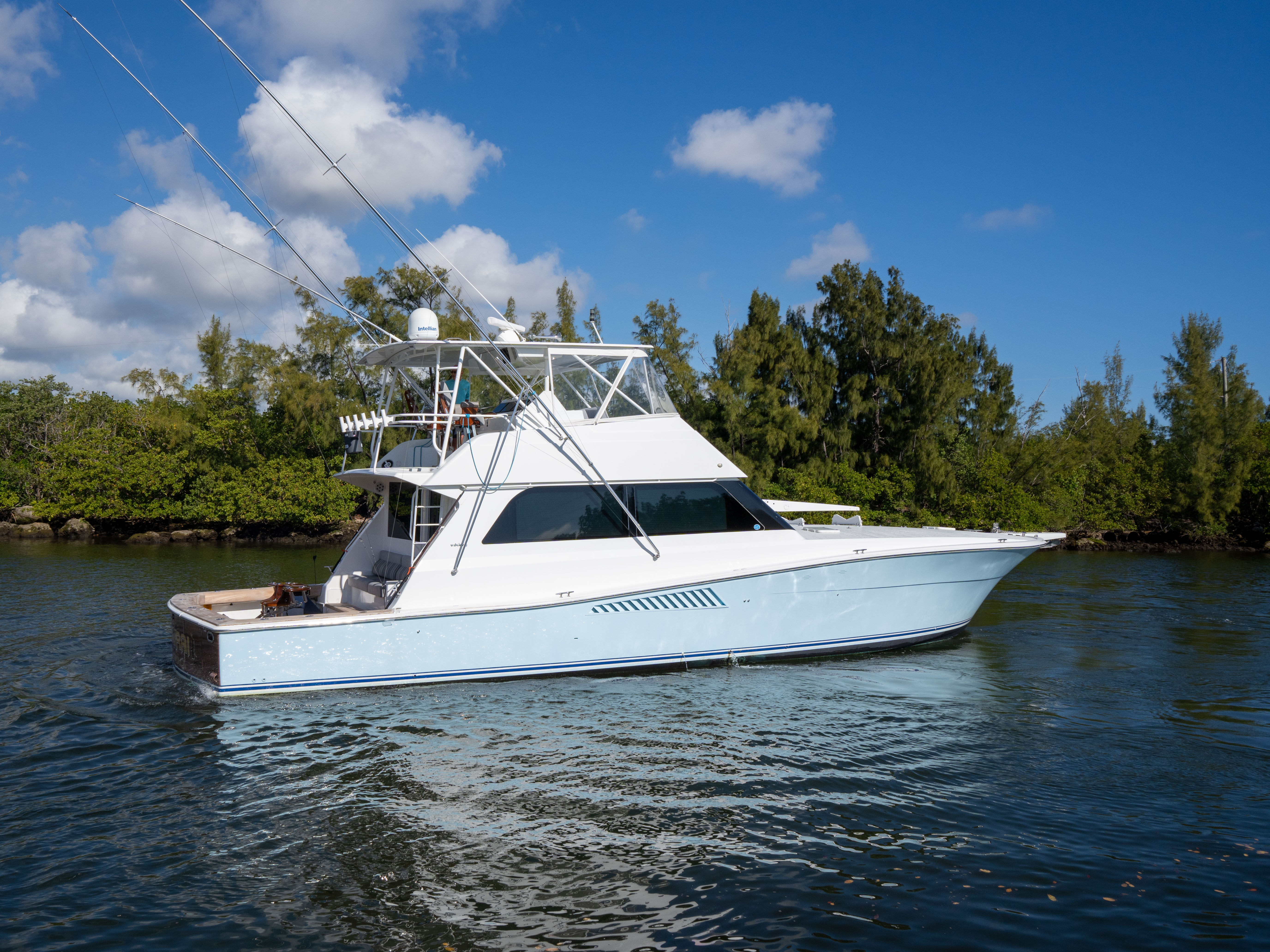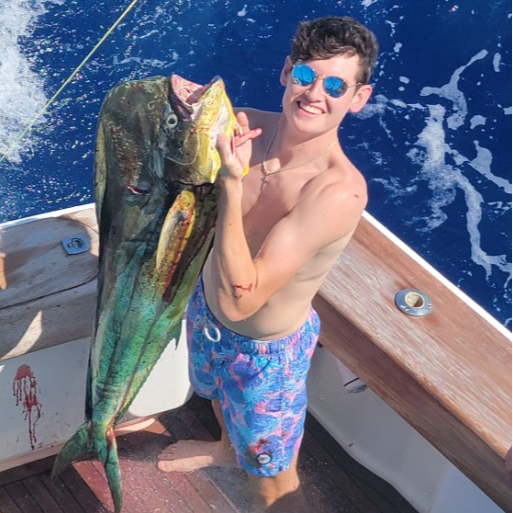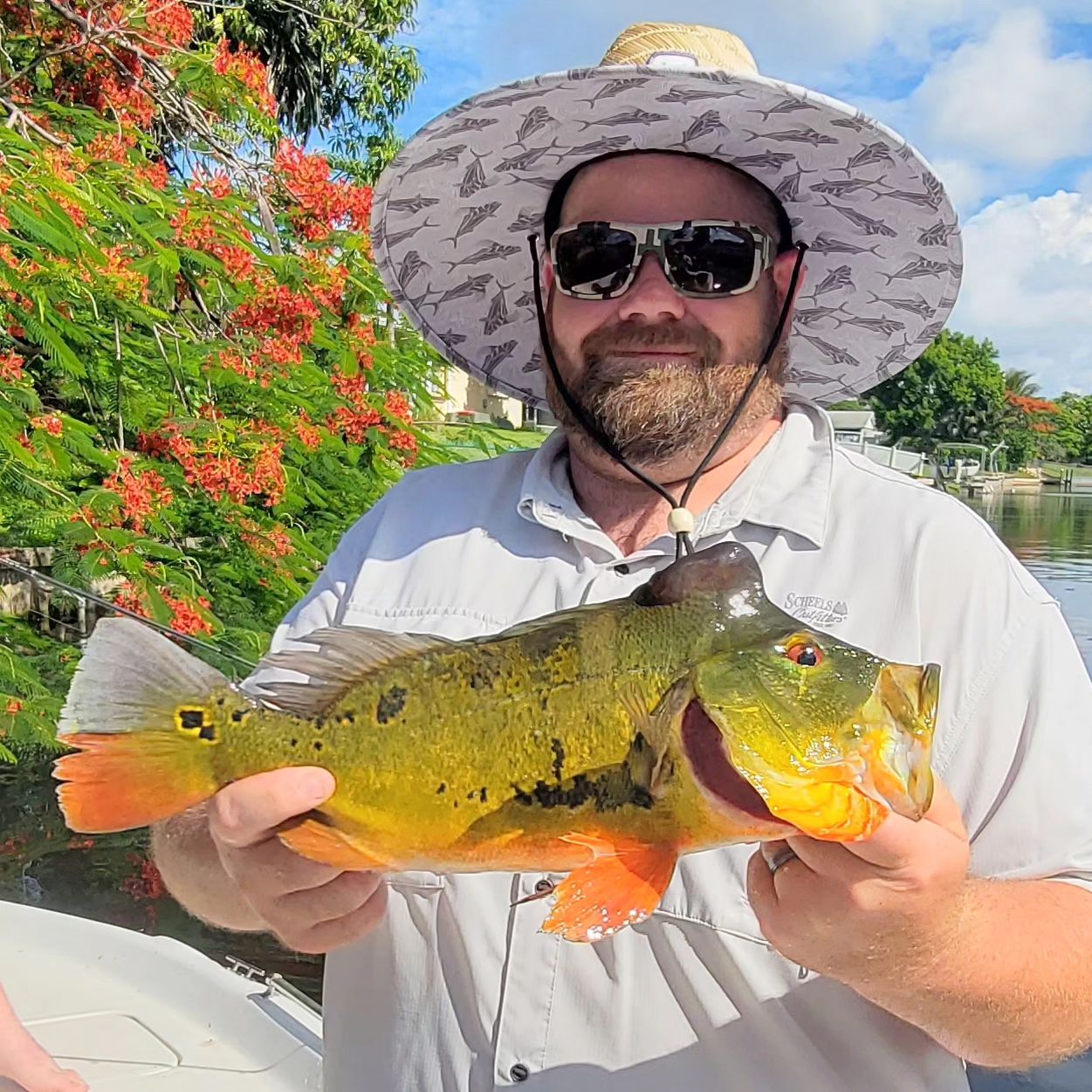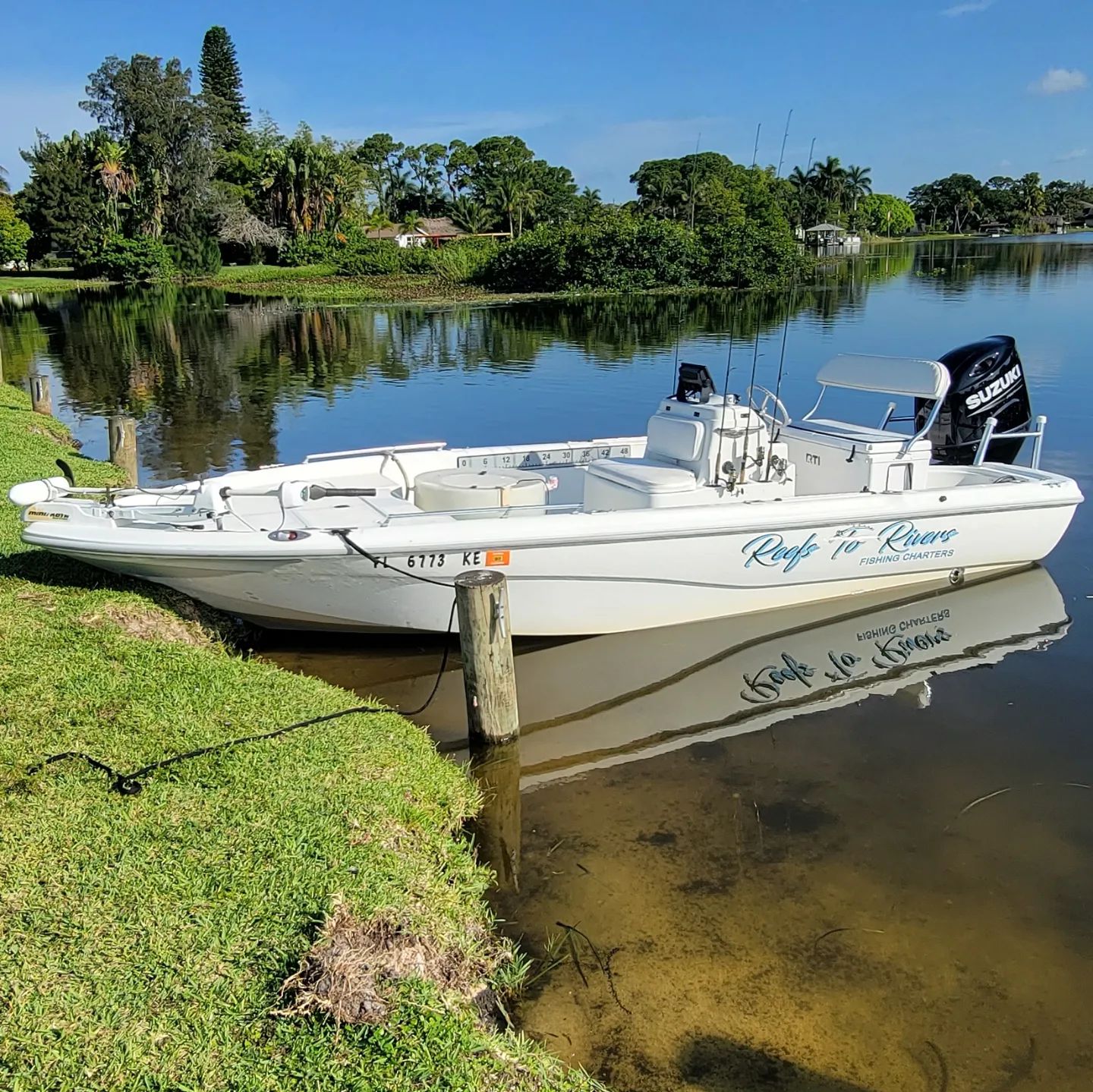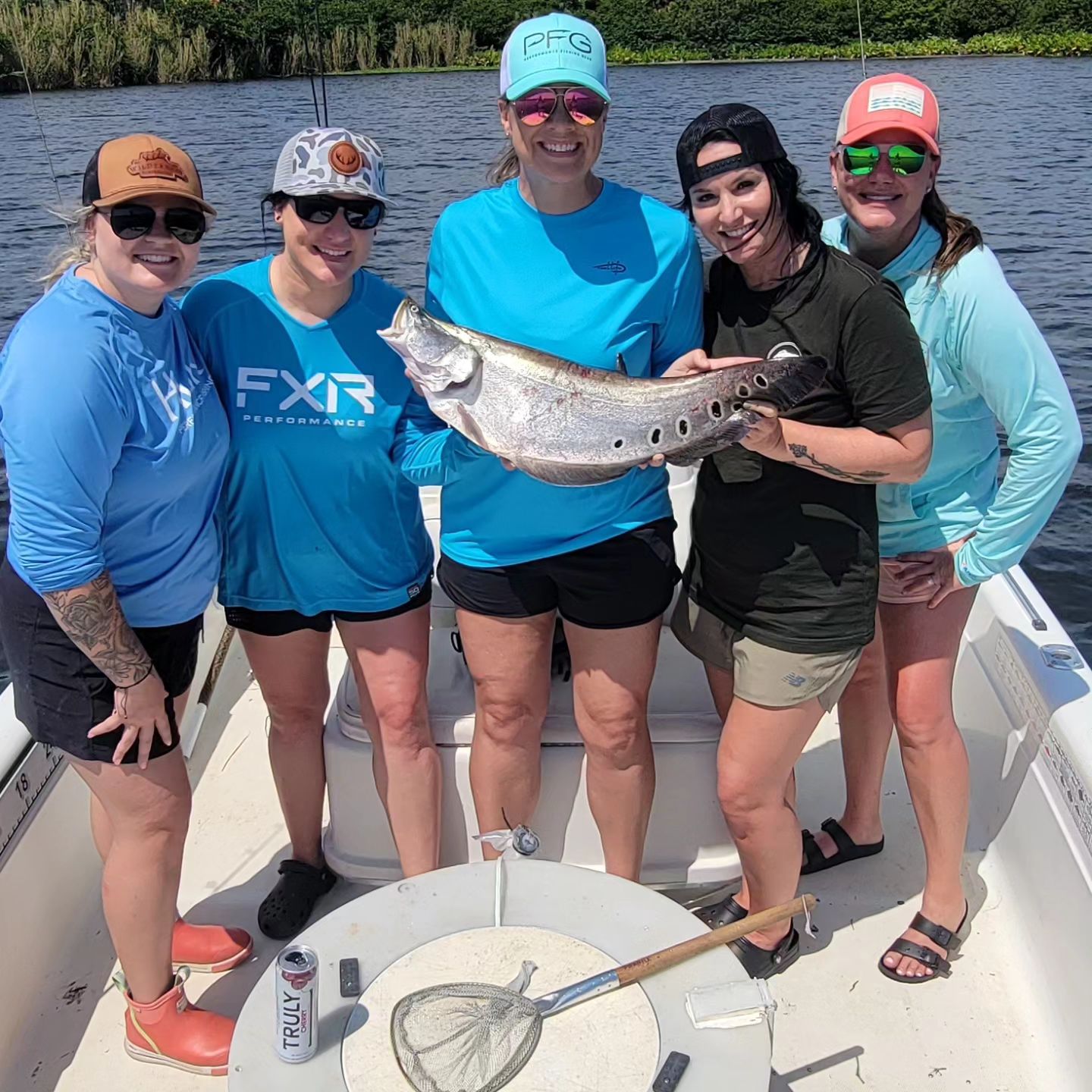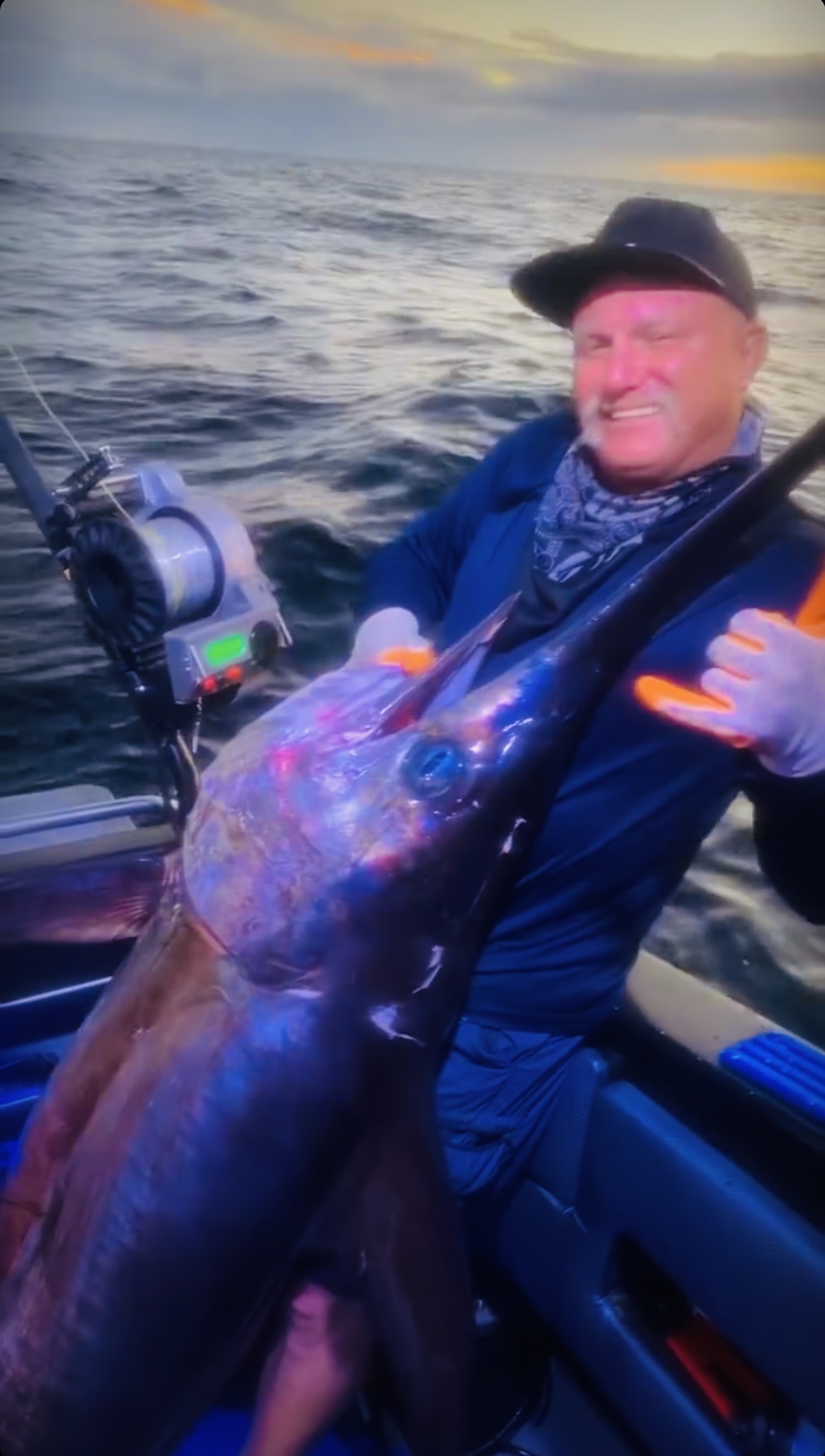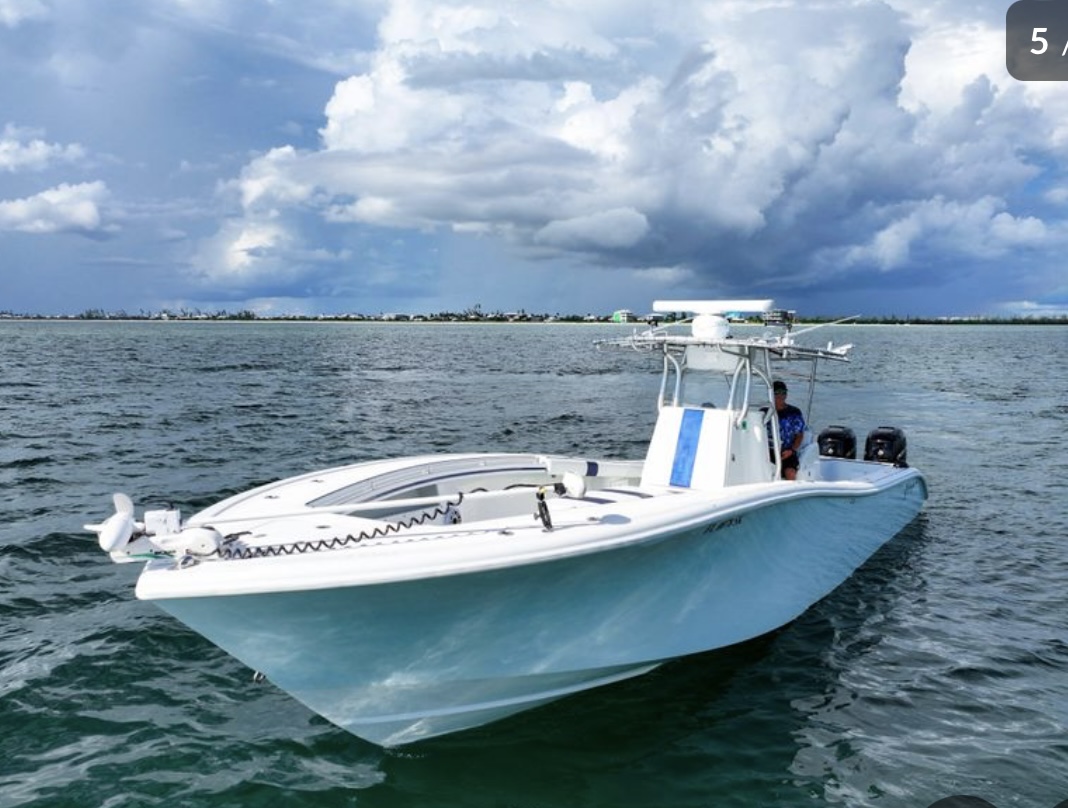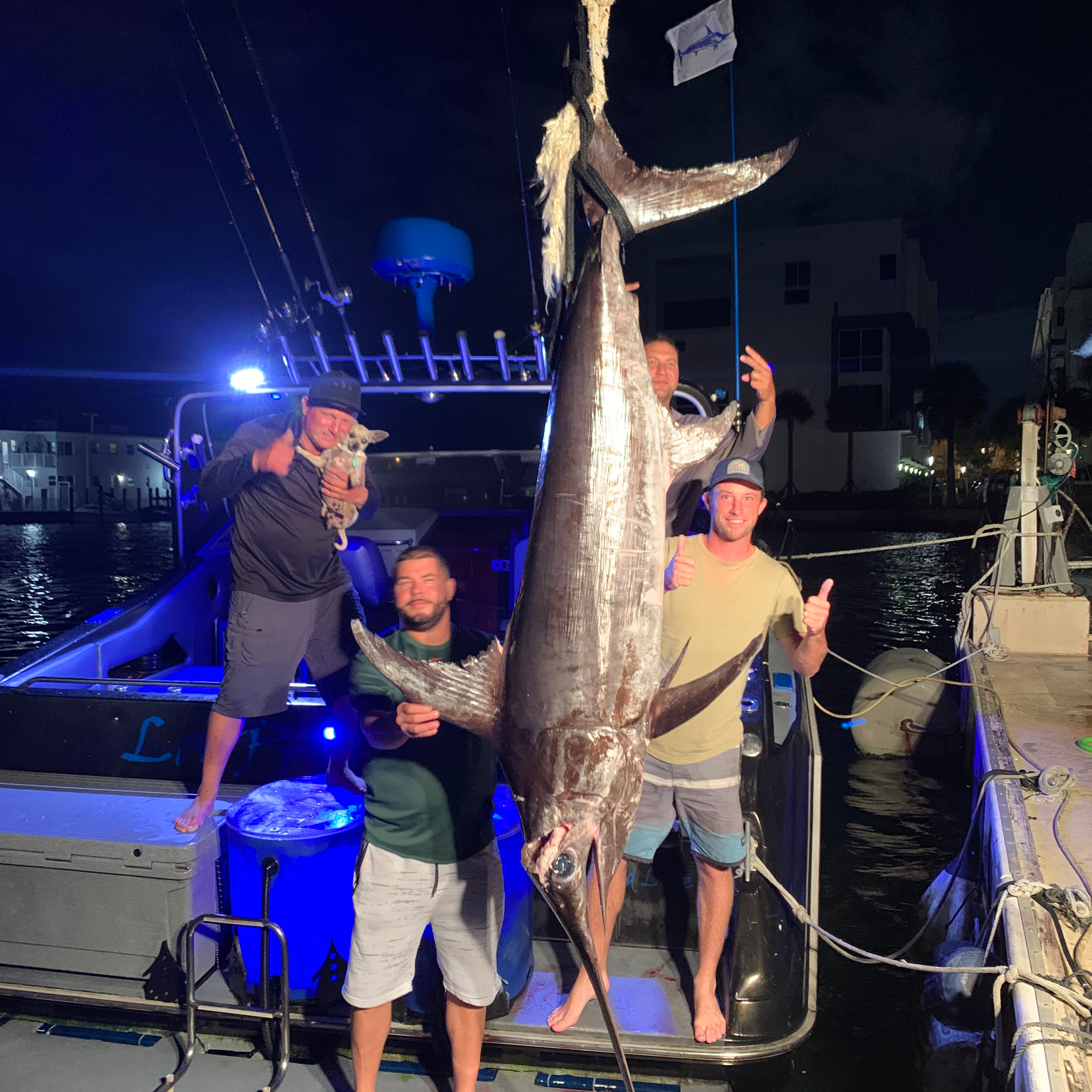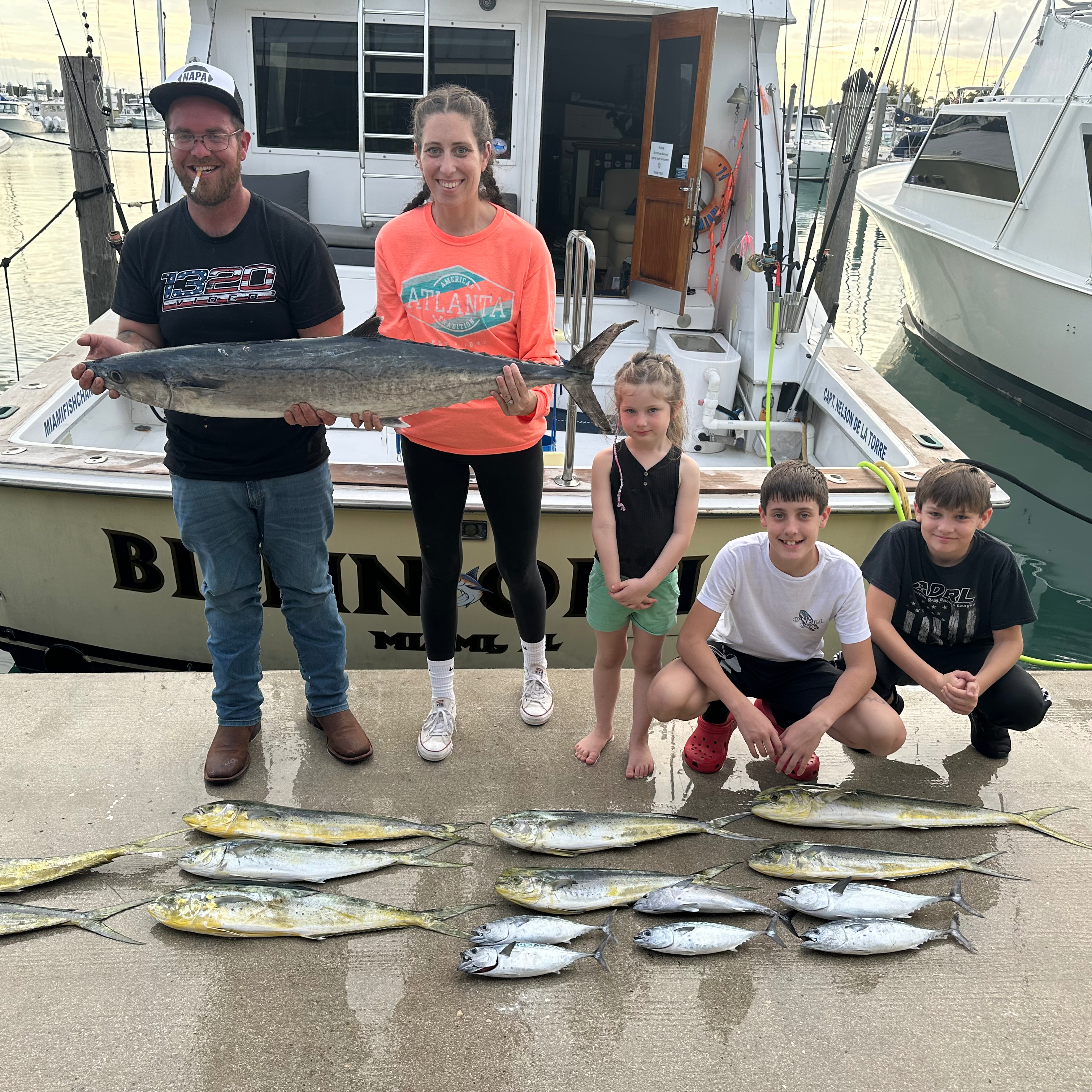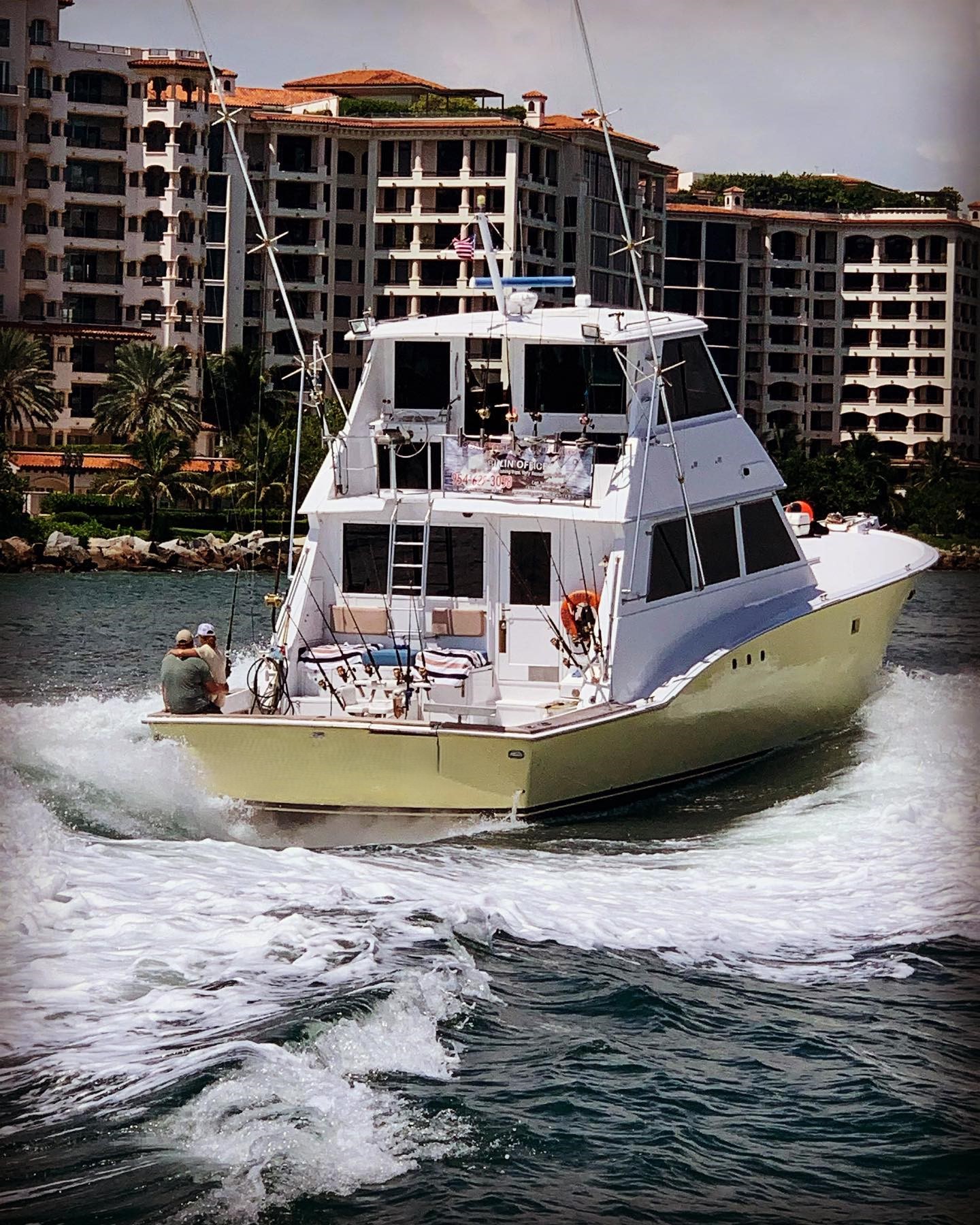Damn Good Guides
Experts Available 24/7
100% Weather Guarantee
Recently Booked Invasive Species Hunting Guides In Miami Florida
Invasive Species Hunting in Lantana
Iguana Hunting Insanity
“Our Damn Good Guides go above and beyond, and we’ve handpicked every single one. We’re passionate about the outdoors and look forward to getting you out on the trip of a lifetime, every time.”
Jonathan and Attison | Co-founders | Austin, Texas
Other Captain Experiences Trips in Miami Florida
Inshore, Deep Sea, Nearshore in Dania Beach
Bimini VIPs - 2 Days 61’ Viking
Inshore, Deep Sea, Nearshore in Dania Beach
Luxury Half Day - 61’ Viking
Deep Sea, Nearshore Fishing in Dania Beach
Luxury Full Day - 61' Viking
Unreal Peacock & Clown Knife Action
Ultimate Big Game-Swordfish!
Deep Sea, Nearshore Fishing in Key Biscayne
Offshore Adventure With Capt Nelson
Need a Place to Stay?
Everything to Know About Booking a hunting trip in Miami Florida
What are the best invasive species hunting trips in Miami Florida?
The best invasive species hunting trips in Miami Florida are:
What is invasive species hunting in Miami Florida?
Invasive species hunting in Miami, Florida, is a critical component of managing the ecological balance in the region’s diverse environments. Miami’s subtropical climate and extensive waterways make it vulnerable to invasions by non-native species that can disrupt local ecosystems. Common invasive species in the Miami area include the Burmese python, lionfish, and the iguana. Addressing these invasive populations is crucial for protecting native wildlife and preserving the health of both freshwater and coastal habitats.
One prominent method for invasive species hunting in Miami is the removal of lionfish, which are known for their destructive impact on coral reefs and native fish populations. Divers use spears or specialized nets to capture these predatory fish, which have spread rapidly through the Atlantic Ocean and Caribbean. The clear waters around Miami provide good visibility for divers, allowing them to target lionfish effectively and reduce their numbers. This type of hunting helps to mitigate the ecological damage caused by these invasive fish and supports the health of marine ecosystems.
Another significant aspect of invasive species management in Miami involves hunting and trapping reptiles such as the Burmese python and iguanas. Burmese pythons, originally from Southeast Asia, pose a threat to native wildlife in the Everglades and occasionally venture into nearby areas, including Miami. Conservationists and specialized teams use various methods to locate and remove these large snakes. Similarly, iguanas, which are native to Central and South America, have become a nuisance in Miami due to their rapid population growth and damage to landscapes. By targeting these invasive species, Miami's efforts contribute to maintaining the balance of its unique ecosystems and protecting its native species.
What are the most popular months to go invasive specieshunting in Miami Florida?
Invasive species hunting is a crucial part of managing ecosystems in Miami, Florida, where the warm climate and diverse habitats have led to the introduction of several non-native species. Among the most problematic invaders are the lionfish and Burmese pythons. Lionfish, with their aggressive feeding habits and high reproductive rates, threaten local marine life by preying on native fish and invertebrates. To combat their spread, hunting and removal efforts are especially concentrated from spring to fall, when the lionfish are most active and visibility underwater is optimal for divers.
The Burmese python, a major concern in the Everglades and surrounding areas, also impacts Miami’s ecosystems. These large snakes, which can grow up to 20 feet long, prey on a wide range of wildlife and compete with native species for resources. While python hunting is a year-round activity, the cooler winter months often see increased efforts as the snakes become more active. Public and professional hunts, organized by state agencies and conservation groups, aim to reduce their numbers and mitigate their impact on local wildlife.
Invasive species hunting in Miami is not only about protecting the environment but also about preserving the region’s biodiversity. These efforts involve both local residents and professional hunters who contribute to conservation programs by removing invasive species. Participating in these hunts helps maintain the balance of Miami’s unique ecosystems and supports ongoing efforts to safeguard the area’s natural beauty and ecological health.
What techniques are popular for invasive species hunting in Miami Florida?
In Miami, Florida, invasive species hunting is a critical activity aimed at protecting local ecosystems from harmful non-native species. One prominent focus is on invasive fish, such as the lionfish, which have become a significant concern in the region’s waters. Lionfish, with their venomous spines, pose a threat to native fish and marine life. Hunters often use spearfishing techniques to capture these invasive fish. This method is effective because it allows hunters to target and remove lionfish from reefs and seagrass beds, helping to restore balance to the marine environment.
Another important aspect of invasive species management in Miami involves controlling invasive plant species. Brazilian pepper and melaleuca are two examples of aggressive plants that can outcompete native flora and alter local habitats. Techniques for managing these invasive plants include physical removal, where workers and volunteers cut and uproot the plants, and the use of herbicides to target and kill them. These methods help prevent the spread of invasive plants and support the regeneration of native vegetation, which is essential for maintaining healthy ecosystems.
On the terrestrial front, managing invasive animals like Burmese pythons is also crucial. These large snakes have become a serious problem in the Florida Everglades, where they prey on native wildlife and disrupt the ecosystem. Hunters use a variety of techniques, including trapping and sometimes direct hunting with specialized equipment, to control their population. The removal of these pythons is vital for protecting native species and preserving the delicate balance of the Everglades ecosystem. In Miami, invasive species hunting plays a key role in maintaining the health and biodiversity of both aquatic and terrestrial environments.
What species are popular for invasive species hunting in Miami Florida?
In Miami, Florida, invasive species hunting is an important activity aimed at protecting local ecosystems and biodiversity. One of the primary invasive species to target is the lionfish. With their distinctive venomous spines and aggressive predatory behavior, lionfish have become a major concern in Florida's marine environments. They are commonly found in coral reefs and seagrass beds around Miami. Hunting lionfish helps manage their population and reduce their negative impact on native fish species and coral reefs.
Another significant invasive species in Miami is the Burmese python. These large constrictors have become a serious threat to the Everglades' ecosystem due to their size and ability to prey on a wide range of native wildlife. They are often found in the wetlands and wooded areas surrounding Miami. Hunting and removal efforts are crucial in controlling their numbers and protecting local species from predation and competition.
Additionally, the Cuban treefrog is an invasive species that impacts Florida’s native frog populations and ecosystems. These frogs are known for their voracious appetite and ability to outcompete native amphibians. They are commonly found in urban and suburban areas around Miami. Effective control measures include targeted hunting and habitat management to limit their spread and reduce their impact on local biodiversity. The combined efforts to manage lionfish, Burmese pythons, and Cuban treefrogs contribute to the conservation of Miami’s diverse ecosystems.
Recent Reviews
Featured Cities
- Fishing Charters Near Me
- Austin Fishing Guides
- Biloxi Fishing Charters
- Bradenton Fishing Charters
- Cabo San Lucas Fishing Charters
- Cancun Fishing Charters
- Cape Coral Fishing Charters
- Charleston Fishing Charters
- Clearwater Fishing Charters
- Corpus Christi Fishing Charters
- Crystal River Fishing Charters
- Dauphin Island Fishing Charters
- Daytona Beach Fishing Charters
- Destin Fishing Charters
- Fort Lauderdale Fishing Charters
- Fort Myers Fishing Charters
- Fort Walton Beach Fishing Charters
- Galveston Fishing Charters
- Gulf Shores Fishing Charters
- Hatteras Fishing Charters
- Hilton Head Fishing Charters
- Islamorada Fishing Charters
- Jacksonville Fishing Charters
- Jupiter Fishing Charters
- Key Largo Fishing Charters
- Key West Fishing Charters
- Kona Fishing Charters
- Lakeside Marblehead Fishing Charters
- Marathon Fishing Charters
- Marco Island Fishing Charters
- Miami Fishing Charters
- Montauk Fishing Charters
- Morehead City Fishing Charters
- Naples Fishing Charters
- New Orleans Fishing Charters
- New Smyrna Beach Fishing Charters
- Ocean City Fishing Charters
- Orange Beach Fishing Charters
- Panama City Beach Fishing Charters
- Pensacola Fishing Charters
- Pompano Beach Fishing Charters
- Port Aransas Fishing Charters
- Port Orange Fishing Charters
- Rockport Fishing Charters
- San Diego Fishing Charters
- San Juan Fishing Charters
- Sarasota Fishing Charters
- South Padre Island Fishing Charters
- St. Augustine Fishing Charters
- St. Petersburg Fishing Charters
- Tampa Fishing Charters
- Tarpon Springs Fishing Charters
- Venice Fishing Charters
- Virginia Beach Fishing Charters
- West Palm Beach Fishing Charters
- Wilmington Fishing Charters
- Wrightsville Beach Fishing Charters
Didn't Find What You Were Looking For?
Our guides are Damn Good Guides, which means they’re vetted by our team of outdoor experts who know them on a first-name basis. We hand pick each and every one of them, and our network spans all across the US and beyond.
The proof is in the pudding, and we’re incredibly proud of our 4.9 / 5 average review score. Hit the button below to see more trip options:
